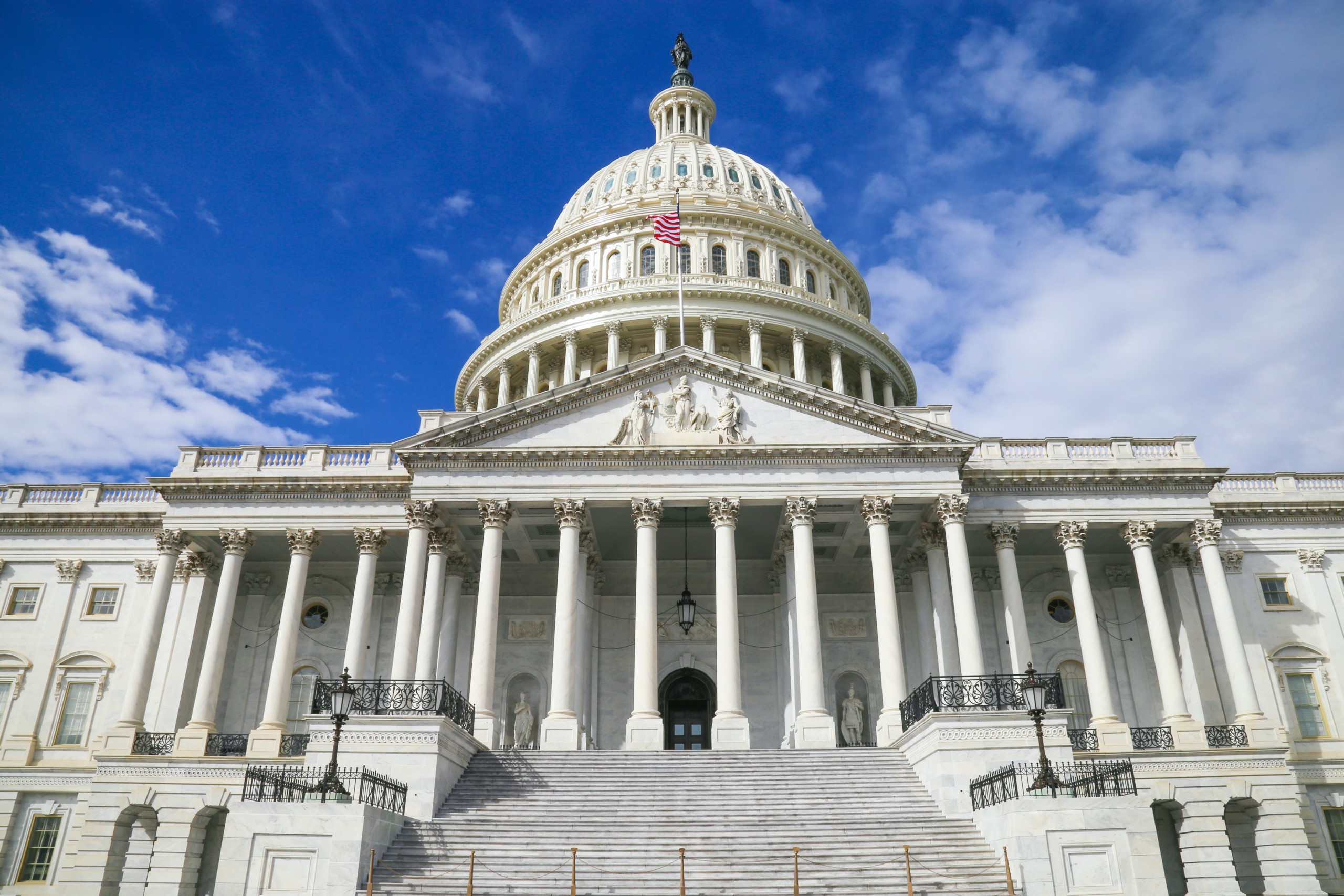This website uses cookies so that we can provide you with the best user experience possible. Cookie information is stored in your browser and performs functions such as recognising you when you return to our website and helping our team to understand which sections of the website you find most interesting and useful.
News
Legislative Update: Infrastructure Package & COVID-19 Relief
Senate Environment and Public Works Moves Quickly on Infrastructure Packages
Senate Environment and Public Works Committee Chairman Tom Carper (D-DE) is planning a busy start to his committee’s agenda for the 117th Congress. Carper announced that his committee would be holding hearings and preparing to pass two major infrastructure bills before the end of May. Carper says his committee will focus on drafting a new Water Resources Development Act (WRDA). The WRDA was just passed last year in the omnibus appropriates and COVID relief package, and Congress usually reauthorizes this water infrastructure every two years.
Carper will also schedule a hearing later this month on a new surface transportation reauthorization package that he says will include “a strong climate title.” The committee will also be holding confirmation hearings for Brenda Mallory, President Joe Biden’s pick to lead the White House Council on Environmental Quality, and Janet McCabe, the nominee to be deputy administrator at the U.S. Environmental Protection Agency (EPA).
Pallone Announces Recycling Caucus for 117th Congress
On Feb. 10, Rep. Frank Pallone (D-NJ) announced the bipartisan House Recycling Caucus’s relaunch in the in the new Congress. Pallone and Reps. David Joyce (R-OH), Haley Stevens (D-MI), and Rodney Davis (R-IL) will serve as co-chairs of the caucus. The Caucus educates House members on the environmental and economic benefits of recycling and seeks to increase the recycling industry’s visibility in the U.S. The Caucus will hold regular events starting with a briefing and discussion on microplastics that will be announced soon.
Budget Reconciliation and COVID-19 Relief
The House Budget Committee plans to meet this week to assemble a $1.9 trillion coronavirus relief bill from the legislative recommendations approved by other House panels. Last week, nine House committees drafted and passed their portions of the package that Democrats are preparing to pass through budget reconciliation. The reconciliation process will allow Democrats to pass the relief package with just a simple majority vote in the Senate instead of the 60 votes required for most legislation. Congressional leaders plan to complete the House bill and bring it to the floor for a vote by the week of Feb. 22.
So far, House Democrats have acted swiftly and appear united as they made their way through the drafting and markup process, rejecting most amendments offered by Republicans. Biden administration has also been in sync with lawmakers and has shown agreement with the House proposals. The Majority’s slim 221 to 211 margins in the House, and 50-50 split in the Senate, will require the caucus to maintain that unity to pass a final bill through its chambers. Democrats are aiming to give President Biden a relief bill by mid-March to prevent 1.4 million American workers from losing their unemployment benefits.
Committee reported proposals include:
- $10 billion for the State Small Business Credit Initiative, to support up to $100 billion in small business financing through state, territorial, and tribal governments
- $1,400 to qualifying individuals with incomes up to $75,000 and couples making $150,000 with eligibility phasing out at higher income levels. This would be in addition to the $600 supplemental payments enacted in the December COVID relief bill, totaling individual payments to $2,000
- Increases the minimum wage to $15 per hour by 2025
- Extends the temporary federal unemployment benefits through Aug. 29, 2021, and increases the weekly benefit from $300 to $400
- $25 billion in restaurant grants to be distributed in a new Small Business Administration (SBA) program
- $195.3 billion for States and the District of Columbia
- $130.2 billion divided evenly between cities and counties; $4.5 billion for territories; $20 billion for Tribal governments
Senate Democrats Shake Up Their Appropriations Subcommittee Leadership
Due to a new rule, nine of the 12 Senate Appropriations’ subcommittees have new Democratic chairs. The new policy prohibits high-profile committees, often named “A” committees, from picking subcommittee leadership spots until all the committee’s Democrats have had an opportunity to pick up a gavel.
These coveted positions shape and control spending within each subcommittee’s jurisdiction and hold so much power that the chairmen are dubbed “the cardinals.” Sen. Dianne Feinstein (D-CA) will chair the Energy and Water Development Subcommittee and Sen. John Kennedy (R-LA) will be the ranking member. Sen. Jeff Merkley (D-OR) will chair the Interior, Environment, and related Agencies with Sen. Lisa Murkowski as the ranking member. And Sen. Brian Schatz (D-HI) will chair the Transportation, Housing, and Urban Development Subcommittee with Sudan Collins (R-ME) as ranking member.


